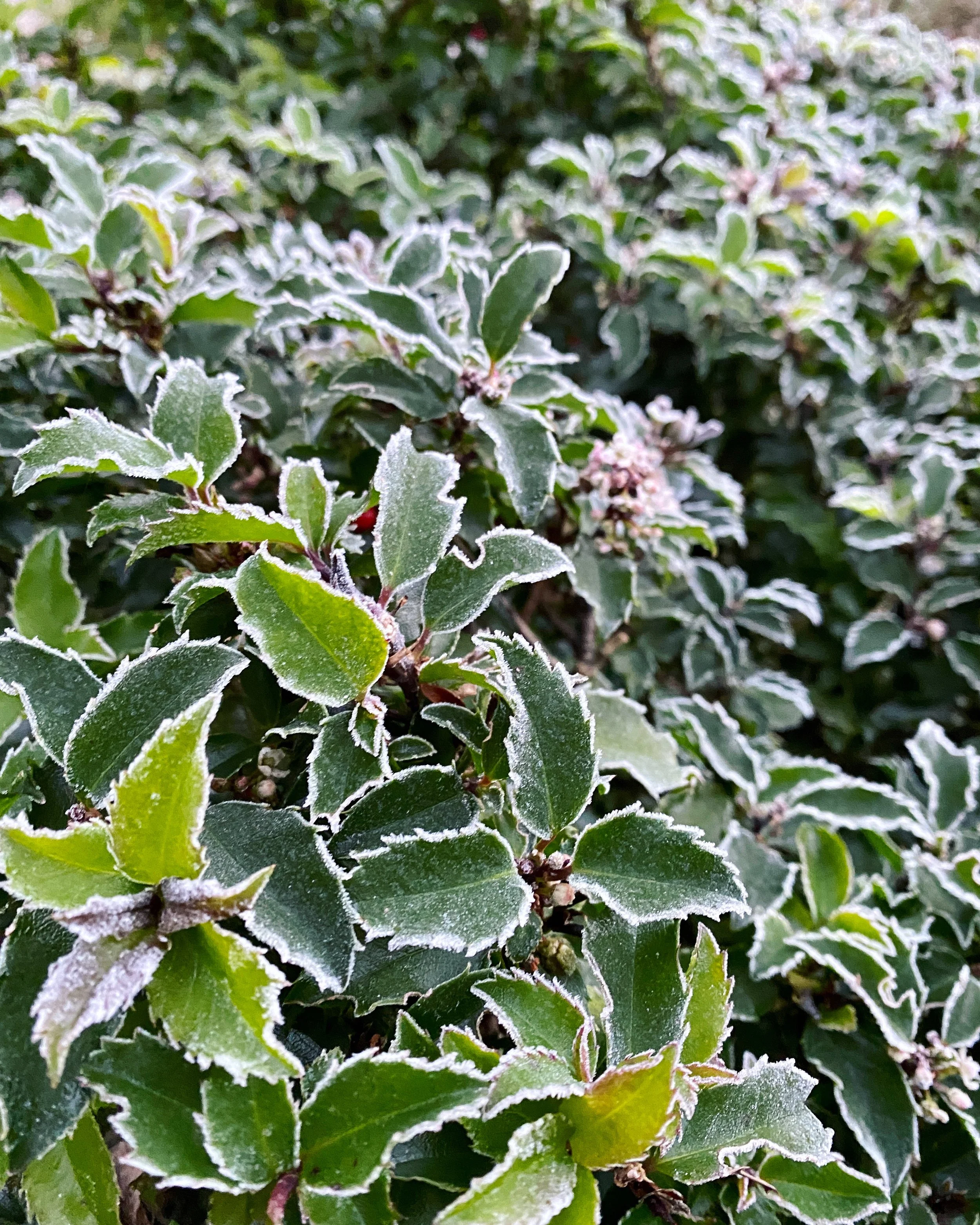GARDENING IN PITTSBURGH 101
Hello and welcome! I have had the pleasure to work with and educate a multitude of new gardeners as a garden designer in Pittsburgh and I wanted to put together a few pieces of key information for anyone new to gardening. Whether you’re new to gardening or new to gardening in Pittsburgh, here is a quick 101 guide to what you need to know to get started!
Below are the basics that all gardeners in western PA should know in order to get started with their gardens. If you’re looking for help designing your garden, I offer garden design consultations to anyone in the Pittsburgh area.If you’d like a bit more help in knowing WHEN to do your gardening activities, you can sign up for my Grow Your Garden newsletter hosted on Substack. You’ll receive timely, year-round, reminders about what to do in your Pittsburgh garden. The Basics
Gardening Zone - Pittsburgh is in Zone 6b according to the USDA Plant Hardiness Map. This is important to know when you are purchasing plants at a nursery. If you want to have a plant come back each year, it will need to be hardy in Zone 6. The tag should say something like “Zone 5-9”. As long as the range includes Zone 6, the plant will be considered a perennial. If the range does not include Zone 6, it will be considered an annual.
Annual vs Perennial - In the most basic terms, annuals live for one growing season and perennials can live for multiple years. See the frost dates section below for when to plant annuals and perennials. Perennials will (usually) come back each year - think trees and shrubs - but annuals will need to be replanted each year. Most vegetables (tomatoes, zucchini, etc.) are annuals in our area.
Our Climate
Pittsburgh is known for its cold winters, mild fall and spring, and humid, hot summers. The two most important factors I think you should know about our climate when it comes to gardening are frost dates and dry spells/droughts.
Frost Dates - Pittsburgh’s “growing season” is the time between our last frost date and our first frost date.
Our average last frost date is usually early to mid May (typically around Mother’s Day). This date changes every year but it is the last day temperatures should get below freezing in the spring. This date is important to know because it is the beginning of our annual growing season. Plants that are not hardy in our area should be planted after our last frost date. These plants are usually labeled as “annuals” at the garden center and you can expect them to live for one growing season.
Our average first frost date is usually mid to late October. Again, it changes every year but it’s the first time temperatures reach freezing. This is when your annuals will begin to die and when your perennials will start to lose their leaves and go dormant for the winter.
Since perennial plants are hardy in our area and can handle frost & snow, I typically plant them from the beginning of April until the end of September. By ending my planting in September, I am allowing the plants to get settled for a few weeks in the ground before any danger of frost. Technically, however, you can plant perennials whenever you want, as long as the ground isn’t frozen.
Droughts - One of the biggest mistakes I see new gardeners make is forgetting to water during the hot, dry months - typically July and August. While the Pittsburgh area gets a decent amount of rainfall (~40 inches per year), all new plantings will require supplemental watering for the first growing season that they are in the ground. Plants that are planted at any point in 2024, for example, should be watered by hand if there is not sufficient rainfall. In general terms, I make sure new plantings get water 2-3x per week. That can be one heavy rainfall and 1-2 days of hand-watering, or any other combination, but plants will need to be looked after a bit more for the first season they are in the ground.
Our Soil
Western PA has a lot of clay in its soil. Clay does NOT mean “bad” soil when it comes to gardening. Clay soil can easily compact and tends to hold on to a lot of moisture, so adding organic matter in the form of compost or mulch can help loosen up the soil to allow for more air and water flow. Make sure you are only amending the soil with organic matter and not replacing it completely. Clay soil is natural to this area and is ok in your garden.
Soil test - if you want to take your garden knowledge to the next level, I recommend getting a soil test done through the Penn State Extension office. The key information you will learn from the soil test is what your soil pH is (some plants prefer a higher or lower pH) and you’ll get a breakdown of key nutrient levels in your garden. They will give you recommendations for any fertilizers you can add to the soil.
Ready to bring your dream garden to life? I offer personalized design consultations to help you get started on the right foot.

